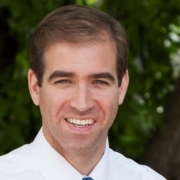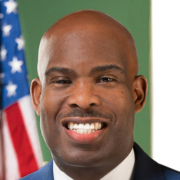Hartford Mayor Luke Bronin Brings New Funding to Summer Youth Employment and Learning Program
Connecticut, Harford Mayor Luke Bronin announced new funding to expand the city’s Summer Youth Employment and Learning program. The program helps connect over 800 young people each year with paid summer jobs, and the funding boost will allow the city to expand the program in response to rising workforce needs. These young people will spend the summer exploring potential career options. This program will offer, “young people a really important opportunity to earn a paycheck, build skills and work experience, and get connected to mentors and a network of support,” added Bronin.











